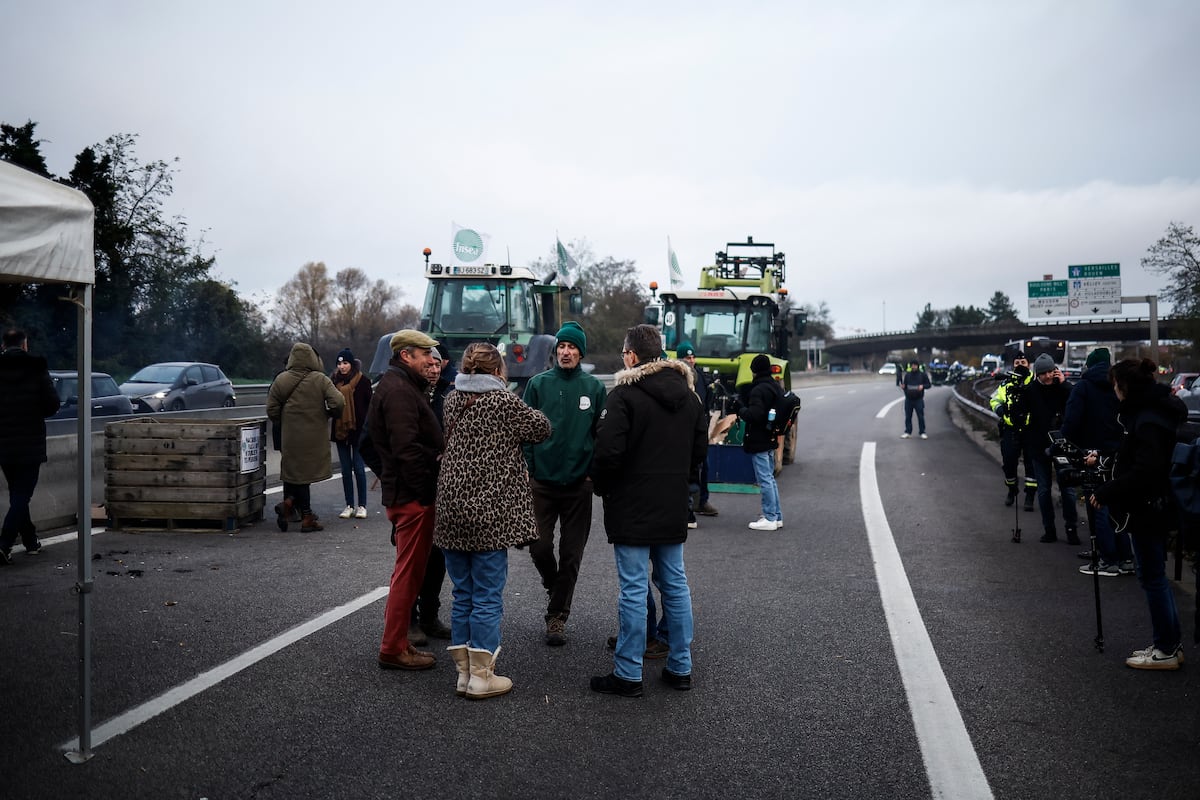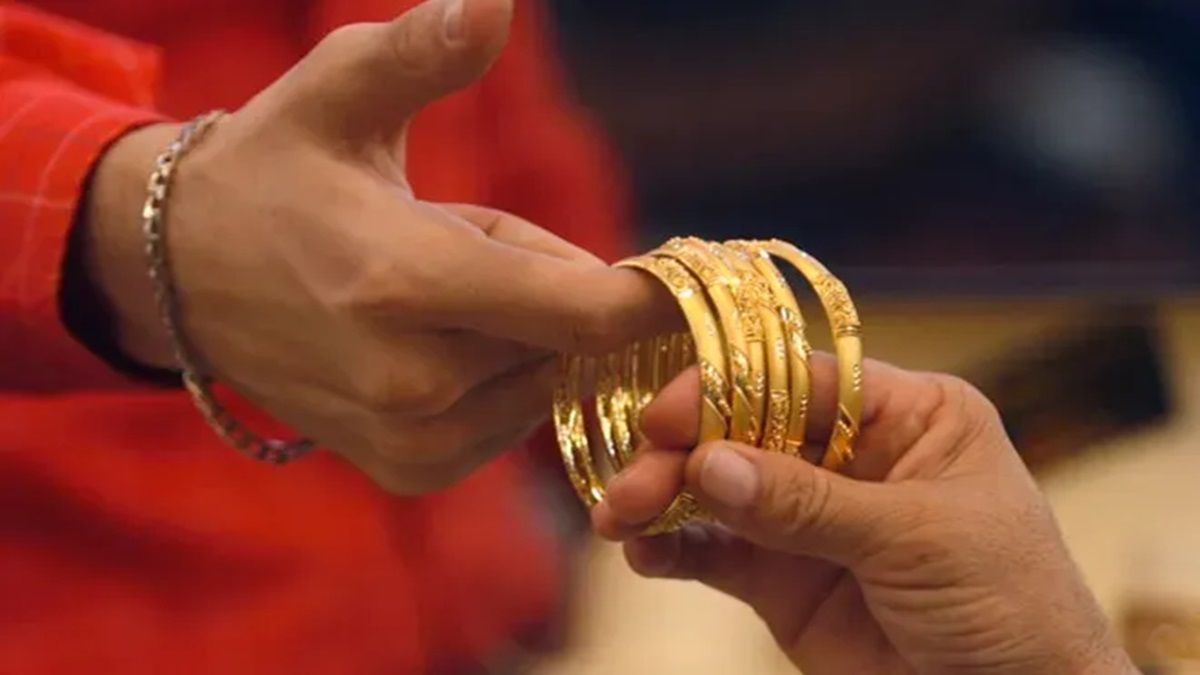Farmers are rising again against the French Government with a new round of mobilizations that threatens to paralyze the country, as happened a year ago. This time the unions point out that they do not intend to make citizens’ lives miserable with cuts that hinder their routines, but the size of the protest will also depend on the response they obtain. “The objective is not to prevent people from going to work, but to make France aware of the situation,” explained Arnaud Rosseau, of the national federation of agricultural unions (FNSEA). The problem, they warn, is the free trade agreement that the European Union wants to sign with the Mercosur countries. Macron and Barnier have already expressed their frontal opposition, but farmers believe it will not be enough to prevent it from prospering.
France still has very fresh memories of the last mobilizations of farmers, who marched to Paris and collapsed the entrances to the capital. The unions then achieved the activation of a series of measures worth 400 million – such as the suppression of the fuel increase rate – and the paralysis of the Ecophyto plan, which planned to reduce the use of pharmaceutical products in agriculture. Unions, however, believe that many of these promises have not been fulfilled. In France, tempers have soured further, following rain-affected crops, outbreaks of livestock diseases and a parliamentary election that delayed promised measures to calm earlier protests, which saw farmers blockade roads for weeks. But, above all, they believe that the agreement with Mercosur will be very harmful. The tension also favors the extreme right, which has already capitalized on the previous protest: a very bitter cocktail for the Executive.
“France will not sign this treaty as it is,” Macron announced Sunday from Argentina, where he had just met with Argentine President Javier Milei. The head of state, who was due to land a few hours later in Rio de Janeiro, Brazil, for a G-20 summit on Monday and Tuesday before traveling to Chile, promised to use all his weight to block this agreement that he considers “very bad.” for agriculture. Prime Minister Michel Barnier had adopted a similar tone two days earlier in saying “no to this treaty.” On November 12, in Le Mondeno less than 600 deputies and senators asked the president of the European Commission, Ursula von der Leyen, to respect “the democratic expression of the almost unanimity of French parliamentarians.”
Fear of unfair competition
The draft agreement between the EU and Mercosur provides for the opening of an annual quota of 160,000 tons of beef that Mercosur will be able to export to the EU with reduced tariffs. The figure does not seem very high compared to the 7.8 million tons produced annually in the EU, but it is a high number when compared to the total imports in Europe: 340,000 tons. Farmers fear, above all, unfair competition from much cheaper Brazilian meat, since it is produced under less strict environmental and health standards, they denounce. Its detractors believe that the agreement is part of a broader context of laxity woven with other trade agreements with countries such as Canada, Japan or Vietnam.
France has always been against the signature. In fact, the previous prime minister, Gabriel Attal, already expressed himself along these lines during the previous protests. But currently, the European Commission has a negotiating mandate granted by the 27 States of the European Union (EU), including France, to finalize the agreement with Mercosur. This mandate was granted in 1999, during the presidency of Jacques Chirac, and has not been questioned since. Once the latest negotiations are concluded, this agreement could reach the Council, which brings together the EU Member States, and be adopted by a qualified majority vote (at least 15 countries, representing 65% of the European population). A vote would then be held in the European Parliament. If the outcome is favorable, the treaty would apply throughout the EU, regardless of whether France agrees or not.
France, which claims to reject the project “as is,” remains largely isolated. The Barnier Government warns of “the disastrous impact it would have on entire sectors, especially agriculture and livestock.” However, although Poland, Austria, the Netherlands and Ireland have also expressed concerns about the agreement, their weight would not be enough to prevent a vote in the European Council. France will therefore have to convince other countries if it wants to form a blocking minority. Germany, Spain, Italy and Portugal, among others, are pushing for the agreement to be definitively approved, in the hope of reactivating European growth. This treaty provides for the progressive elimination of almost all tariffs applied to EU exports to Mercosur. Berlin sees new opportunities for its car manufacturers, as tariffs have until now been particularly high for passenger cars (35%).
The protests have not led to major cuts this Monday. But on Tuesday a rally is planned at the Le Boulou motorway toll, near the border between the southeast of France and La Jonquera. The French union has assured that there are “farmers from other countries who are joining the protests.”








